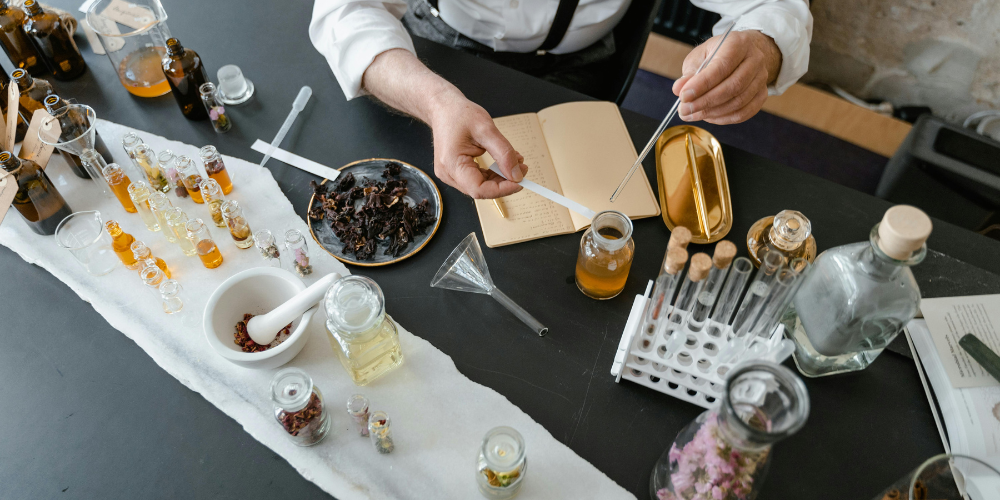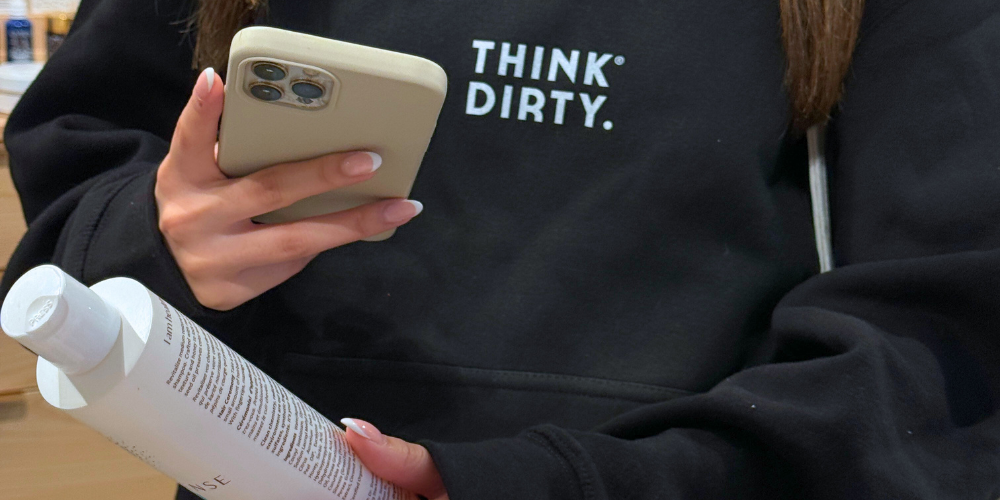
Within less than a month of the start of the second term of his presidency, President Donald J. Trump has put in place numerous steps to change the function of various government agencies. This is not the first time he has taken aim at reducing federal government spending.
Of particular concern to many are statements about reducing funding expenditures through the Department of Government Efficiency (DOGE). The plan aims to reduce government spending in various ways. Some speculate that could mean reducing funding to critical agencies such as the U.S. Food and Drug Administration (FDA) and what that could mean to related industries, including the production of safer beauty products.
Should budget cuts occur that impact the FDA’s ability to govern consumer safety, it could impact the cosmetic industry in various ways. Take a closer look at FDA budget cuts and what they could mean to consumer safety regulations in the cosmetic industry.
What Is MoCRA (Modernization of Cosmetic Regulations Act)?
In December 2022, the MoCRA was signed into law to provide the FDA with more oversight of the cosmetic industry. Its goal was to create products that were safer. The law is the most extensive expansion of the FDA’s authority to regulate cosmetic products. Many companies are working to implement the law by modifying methods and ingredients to fit under FDA guidelines.
The FDA shares that most consumers use between 6 and 12 cosmetic products every day. That includes everything from facial cleansers to moisturizers and skincare products of other sorts. Under MoCRA, the objective is to ensure that consumers know what is actually in the products they use and to document any adverse event related to the use of those products experienced by other users.
One of the ways the FDA can support consumer safety through the MoCRA is to implement a mandatory recall in situations where it determines there is a serious risk of adverse events associated with the product’s use. Should evidence indicate a risk, MoCRA enables the FDA to take action to force the manufacturer to remove the product from the market until it is resolved.

The Role of the FDA in Cosmetic Regulation
Most U.S. (and global) consumers recognize the role the FDA plays in managing food products and medications, ensuring oversight focused on ensuring safety. Yet, when it comes to the FDA and cosmetics, there is a much different level of coverage.
Prior to the passage of MoCRA, the FDA’s oversight was quite limited in the cosmetics industry. You can read more about the details of that role in this old FDA article that details the limitations of control the FDA had prior to 2022.
Notably, products going to market did not (and do not) have to have FDA approval beyond the use of colour additives. The FDA did not have the right to inspect cosmetic manufacturing facilities to ensure product safety and determine if products were misbranded or adulterated in any way under other laws.
So, what does the FDA do now within the cosmetic industry?
While MoCRA continues to be phased in (a process that is expected to require significant investment in the development and framework of the process), the FDA currently has some limited power.
Specifically, the FDA aims to provide:
- More oversight of adverse events related to the use of any product
- Requirements for clearly labeling products with allergens
- Registration requirements for facilities
- Disclosure of all products a company sells to the FDA
In short, the FDA is working to monitor safety, labelling, and ingredient transparency in the cosmetic industry. These proposed improvements and regulatory actions, including the FDA’s ability to require a recall of products deemed unsafe, are significant advancements of the agency’s previous governorship.
Impact of Potential Budget Cuts on the FDA
In the first days of his administration, President Trump took massive actions to limit federal spending, including those related to federal grant and financial assistance programs. Much of that was done through the executive order putting DOGE in place. At the time of this writing, there were no specific eliminations or changes to FDA funding.
However, as the President continues to modify and work to reduce federal spending, there are concerns that the FDA could face some of those cuts. It’s important to note that any such FDA budget cuts and specific adverse reactions are not sure as they have not been specified at this time by the FDA or the Administration.
Some organizations believe that if the FDA faces budget cuts, product safety could be affected in various ways. This could include funding to state-specific programs.
More so, there is concern that it could limit staffing and resources necessary to implement regulatory actions and improvements promised under the MoCRA. The FDA may not have the administrative labor force to effectively monitor and maintain enforcement of regulations.
What could this cost?
The potential regulatory actions and improvements made under MoCRA, including the phased-in application of restrictions and oversight on product ingredient inclusion or monitoring of facilities, may become out-of-bounds for budget cuts due to a lack of funding. This could even lead to the cancelation of some aspects of the MoCRA if the agency does not have the funds to develop, implement, and oversee these new processes.
What are the possible consequences of FDA budget cuts in terms of consumer safety of cosmetic products? Interestingly, the FDA stated it would need an additional $8 million in fiscal year 2025 to fund MoCRA changes — making it logical that funding cuts instead could harm such a program’s implementation and progress.
Budget cuts that are far-reaching could make it impossible for the FDA to have the manpower and technology necessary to provide cosmetic industry oversight and hold companies to higher accountability standards. That could mean the products coming onto the market do not have any FDA oversight to protect the consumer from the unknown.
What Does This Mean to You?
As a consumer, you need to recognize that cosmetic industry accountability is far from equal to the foods and medications you purchase and use. There is no watchdog governing what goes into products, the labels on them, or the safety of how they function. Though MoCRA was the start of implementing some of these aspects, FDA budget cuts could significantly hinder this.
That means consumers need to be aware of this on their own. It’s critical for you to stay informed about the regulatory landscape of these products and the limitations on FDA approvals that could result in significant financial funding losses.
The products you buy may not change. However, consumers will not gain the reassurance of FDA oversight.
Consumers can advocate for change across the legal landscape by informing their representatives of their desire for stronger regulations and more transparency in the cosmetic industry as a whole.

Monitoring the Changing FDA Financial Landscape
FDA budget cuts could hold back the implementation of MoCRA and its promised improvements in accountability to the cosmetic industry. For consumers, that means it’s critical that you continue to monitor the products you are using yourself, ensuring they are safe.
The Think Dirt App can help you. We stand for transparency in products, including cosmetic products that consumers use every day. Use our app to help you stay informed about what’s in the skin care products you use every day.
Disclosure: We are a professional review and product rating website and mobile app that receives compensation from the companies whose products we review and rate. We are independently owned and the opinions expressed here are our own interpretations of a trusted source. This blog post may contain affiliate links.
How Trump’s Budget Cuts Could Affect the Future of Safer Beauty Products was originally published in Think Dirty on Medium, where people are continuing the conversation by highlighting and responding to this story.